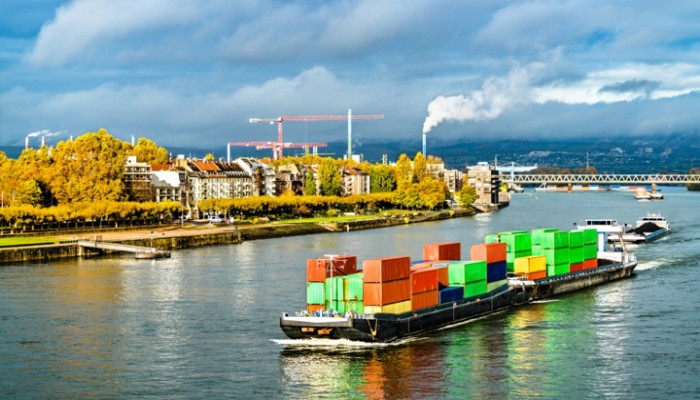
Inland Waterway Freight Transport Declines in EU for 2023
Staff Report , Published: September 21, 2024, 12:09 pm

The EU saw a 4.6% decrease in inland waterway freight transport in 2023, with a drop of 6 million tonne-kilometres compared to the previous year. This marks the continuation of a volatile decade for waterway transport. Between 2013 and 2023, transport activity saw fluctuations, including declines in 2014-2016, a sharp drop in 2018 (-10.9%), followed by a brief rebound in 2019 (+6.6%). The sector faced another major setback in 2022 with a 9.8% decrease.
Key goods transported in 2023 included 'metal ores', 'coke and refined petroleum products', and 'chemicals', which made up 65.3% of all inland waterway freight. Notable shifts were seen in 'coal and crude petroleum', which dropped by 2.3 percentage points, while 'agricultural products' increased by 1.3 percentage points.
The Netherlands led EU nations in freight volume per inhabitant, transporting 18.4 tonnes per person, followed by Belgium (13.6 tonnes) and Luxembourg (7.2 tonnes). Other EU countries recorded volumes under 2.5 tonnes per inhabitant.